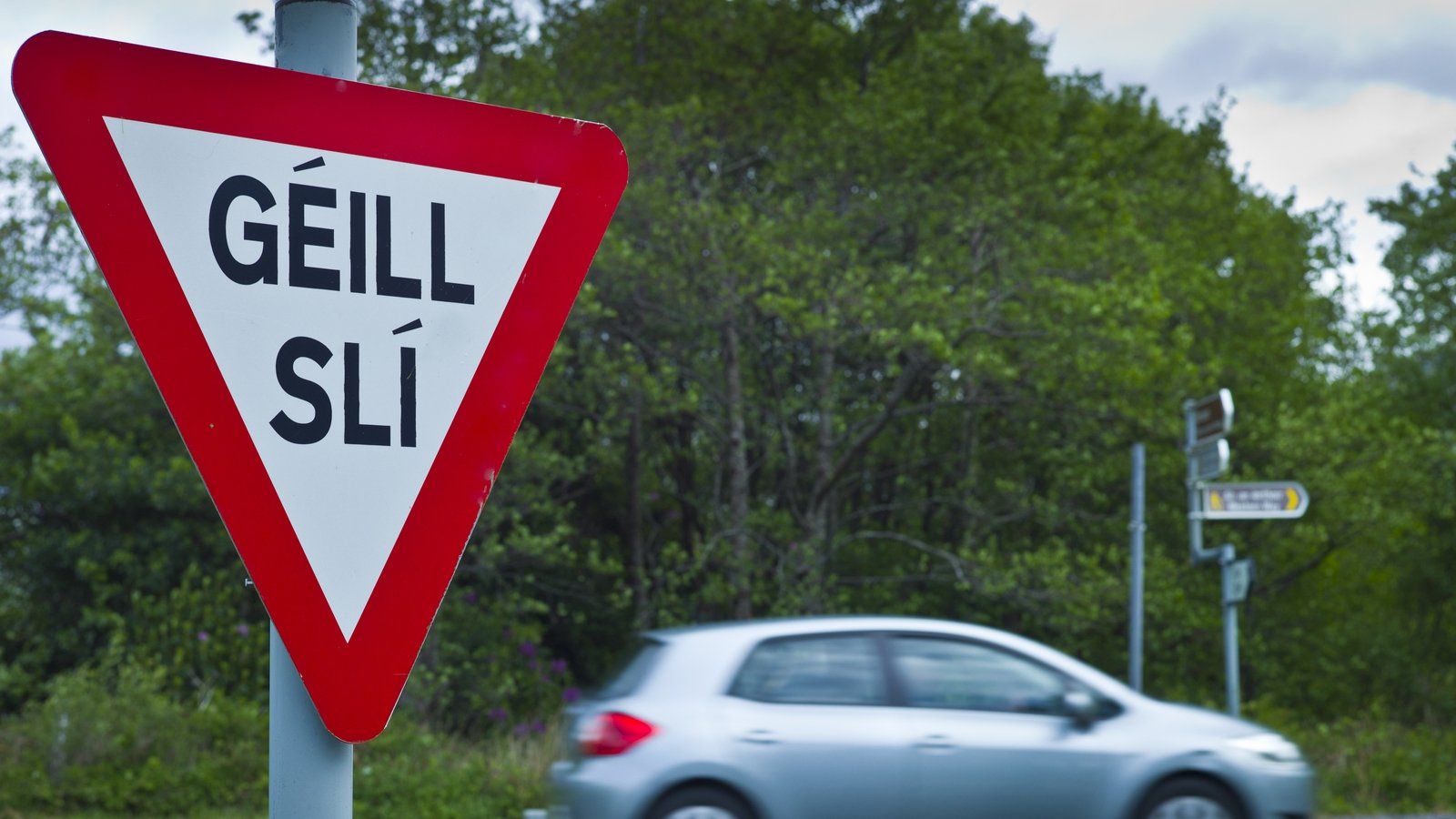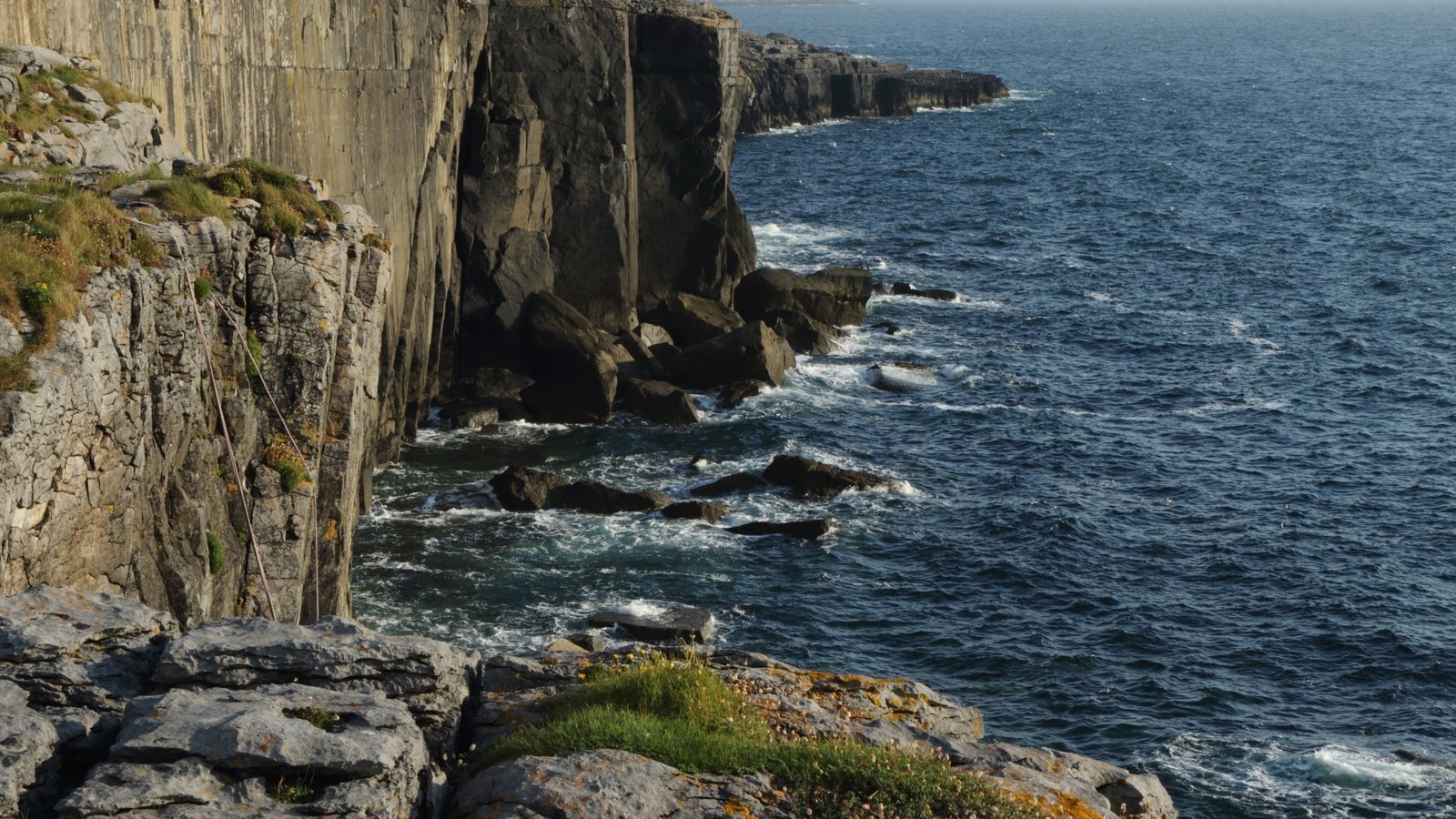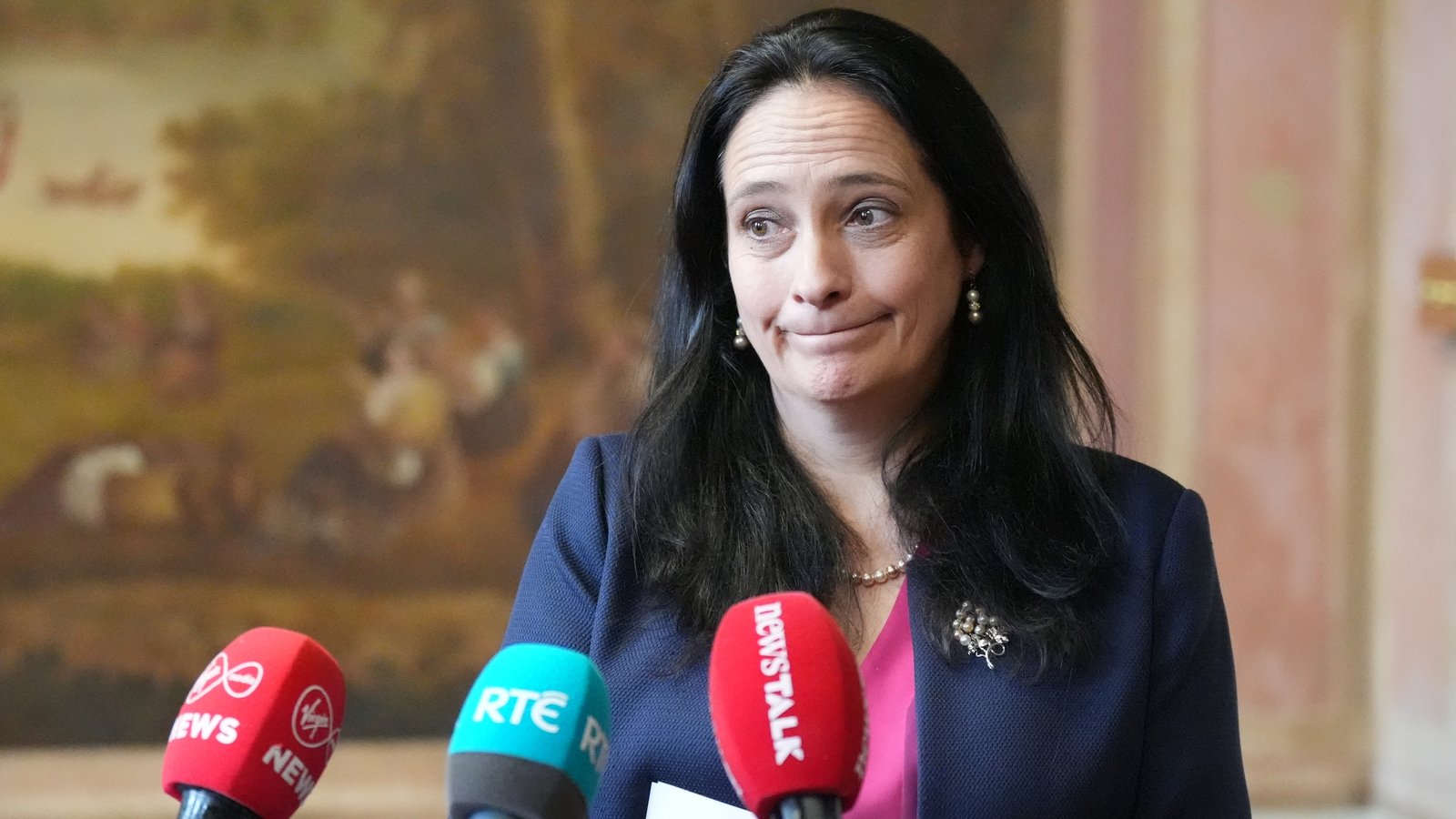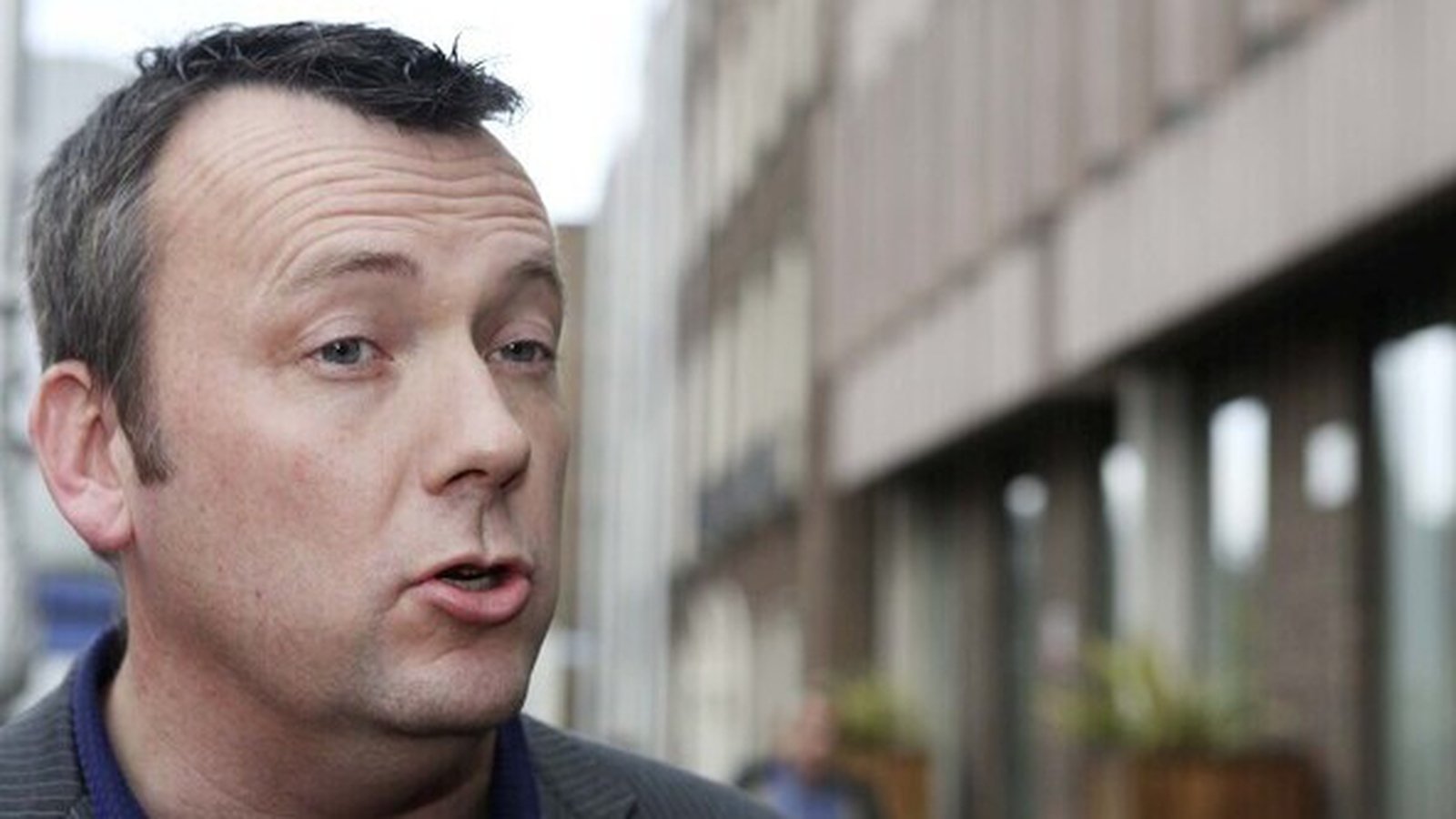Need for failures of migrant strategy to be addressed
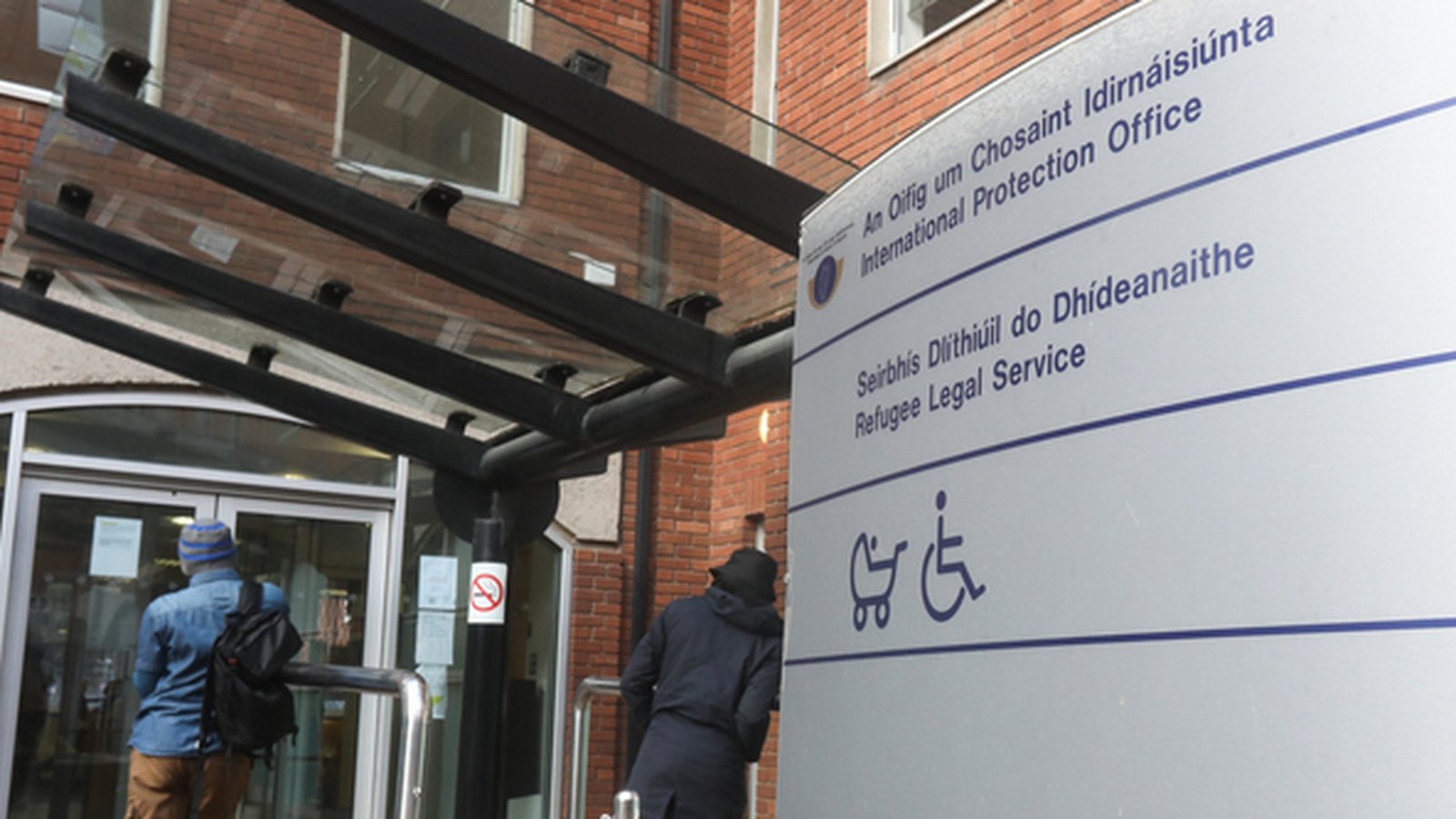
As 2023 comes to a close, there has been evidence of our struggle as a society to deal with the significant issue of migrants seeking refuge.
New arrivals sleeping rough on streets or in tents while seeking refuge and protection, is evidence of those failures.
Equally, protests in towns and villages about hotels and guesthouses being converted into centres for those seeking asylum are evidence of failure too.
Together they point to a system that is certainly creaking, if not broken.
In April, the High Court found that the Government was in breach of its legal obligations towards an international protection applicant who had to sleep rough on benches in parks and train stations for more than three weeks, during which time he did not have enough food to eat and had to resort to begging.
The judicial review was described as a lead case with implications for other international protection applicants.
The High Court ruled that international protection applicants arriving in Ireland were entitled to “material reception conditions”, including accommodation, shelter and food, along with basic conditions for hygiene, under the European Communities (Reception Conditions) Regulations, 2018.
The Government was also found to be in breach of regulations under the EU Charter of Fundamental Rights, in particular Article 1, that “human dignity is inviolable” and must be respected and protected.
That was one side of the issue.
On the other, communities complained that they felt their concerns were going unheard and that they were being ignored.
Their growing frustrations are evidence of these failures too.
From local people in Killarney, Co Kerry in the southwest of the country, marching silently behind a single banner stating “Killarney Has Its Fair Share”, to people in Rosslare, Co Wexford in the southeast, maintaining a round-the-clock vigil at the entrances to the village’s former Great Southern Hotel.

The hotel in Rosslare was empty for several years. Those who mounted the vigil said they were opposed to the hotel being converted into a centre for international protection applicants because they wanted it made into a nursing home which was badly needed in the area.
Similar protests took place in towns and villages elsewhere in the country too.
In some, there was evidence that those who hold far-right, anti-immigrant views were exerting an influence.
In others, there have been criminal acts, such as arson and criminal damage to the properties being prepared as centres for international protection applicants.
But in very many other cases, organisers had been at pains to make it clear that those who hold anti-immigrant views or have a criminal intent are not welcome.
Take for example the situation which unfolded in Killarney.
In social media posts announcing details of that silent protest on 18 November, organisers stressed that the march had been approved by gardaí, subject to “no chanting, no loudspeakers, no posters”.
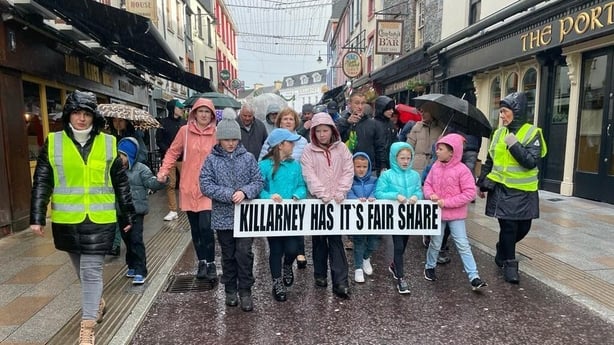
“This is a peaceful, quiet march. Individuals with political or non-peaceful agendas are not welcome,” the organisers stated.
Killarney is home to an estimated 3,500 people who have fled the war in Ukraine and have been granted temporary protection in Ireland.
The town also hosts many of the more than 700 international protection applicants being accommodated across Co Kerry.
When families arrived in Killarney from Ukraine and were accommodated in local hotels, they were welcomed.
And after settling in the town and enrolling their children in local schools, local people protested and succeeded in blocking attempts to move some of those families to other centres elsewhere in the country.
But because of the availability of hotel and other accommodation in the town, more and more people were sent there.
Senior figures in the community joined local people in voicing concern about the consequent pressure on services.
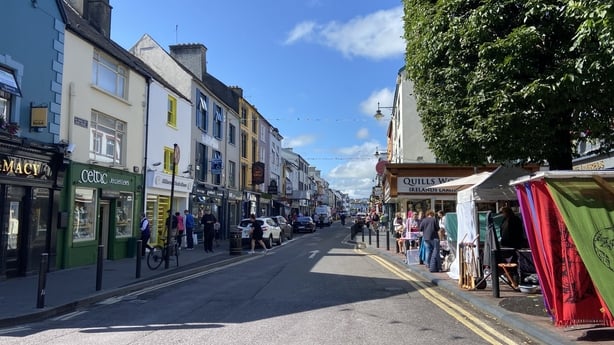
Kerry County Council Director of Services Niamh O’Sullivan wrote to the Department of Integration ahead of plans to accommodate a further 70 asylum seekers in Killarney in November.
She told the department that the town’s GP and other services, including English language support, were “at capacity”.
The HSE had also told the department that it had no additional GP capacity in Killarney, Ms O’Sullivan said.
In her letter she said there were a total of 8,938 Ukrainian people living in Co Kerry.
“This is the largest number of any local authority in the country and the largest amount of any local authority setting outside of Dublin.
“Killarney Local Electoral Area (LEA) is the second-highest LEA in the country, hosting 2,443 Ukrainians with the top three LEAs all being in Kerry,” Ms O’Sullivan said.
She said Kerry Education and Training Board had advised that English language support classes were also at capacity in Killarney.
“As has already been stated, access to support services, especially in terms of access to health and education, remains a critical priority for accommodation provision for refugees in Kerry and, considering this, we would ask the department to reconsider their proposal until such time as the necessary additional capacity for support services are in place,” she added.
Minister for Education and Fianna Fáil TD for Kerry, Norma Foley, accepted in an interview on Radio Kerry that the concerns were “absolutely legitimate”, and undertook to organise a meeting between Kerry County Council and Minister for Integration Roderic O’Gorman.

There was also an acknowledgement of concerns from KASI, a Killarney-based NGO which supports asylum seekers.
“We genuinely understand as well and agree that local services are over-stretched and under-resourced, including our own,” KASI General Manager Marilyn Catapat-Counihan said.
She appealed to the community not to pre-judge those arriving in the town and said that whether 100 or 1,000 people arrived in Killarney, KASI would continue to provide the necessary support and services to them to the best of its ability.
It is important to state that at this point in November, the Department of Integration was facing a dire situation of literally running out of accommodation for asylum seekers.
Faced with that prospect – as well as, no doubt, April’s High Court ruling on the rights of international protection applicants arriving in the State – Mr O’Gorman’s department confirmed that it would not be reconsidering the decision to accommodate a further 70 international protection applicants in Killarney.
The department said it had to avail of all offers of accommodation because of the pressure of numbers arriving.

Minister Roderic O’Gorman set out his position in the Dáil on 6 December, during a debate on a motion by the Rural Independent Group calling for changes to what it described as the Government’s “reckless” immigration policy.
Minister O’Gorman described the system of international protection as, fundamentally, a compassionate act. He said the system was worth fighting for and he would continue to defend it.
However, he also acknowledged that the system has failings.
“We are working in the confines of a system that was created for a different era,” Mr O’Gorman said.
“We have seen that this is a system that can fail. It is failing right now,” he said.
Mr O’Gorman spoke of the “vital” need to change the system of international protection so that the State could control the location and standard of accommodation being offered.
He said he would be seeking Government approval for a revised White Paper setting out how the level of State-owned accommodation could be enhanced.
The system of accommodating international protection applicants is clearly being put under considerable additional pressure by the arrival of tens of thousands of Ukrainian people fleeing the Russian invasion of their country.
Ukrainian people arriving here are accommodated under temporary protection orders; their applications are adjudicated on quickly and their accommodation doesn’t tend to provoke the same controversy as the accommodation of international protection applicants.
But the issues in relation to the operation of the international protection system aren’t new or novel, and don’t appear to be going away with the war in Ukraine and migration into the EU continuing.
As a result, it is vital that as a society Ireland works to improve the system to overcome these challenges in 2024 and put the necessary support services in place.

